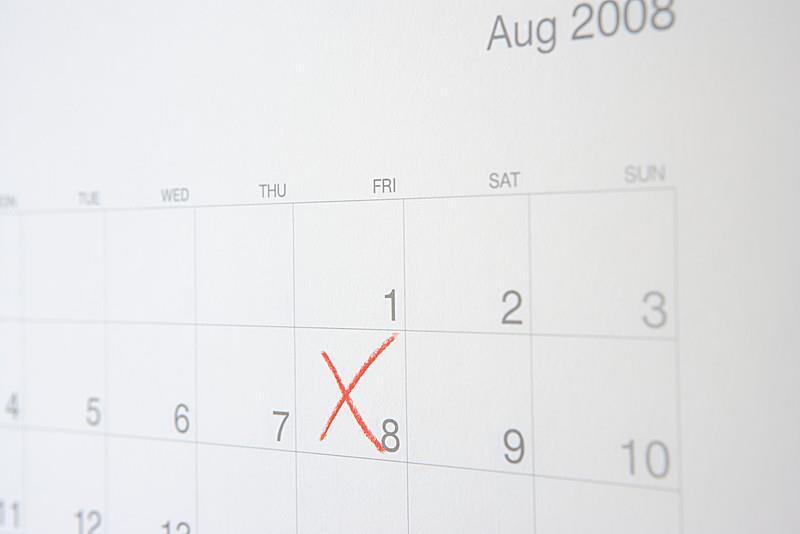How can we use these little words correctly?
- Faire- to do/to make1. Je fais- I do/make2. Tu fais- You do/make3.
- At, in, on and to are used as both time prepositions and place prepositions in English. Read the paragraph below and learn the rules of when to use these prepositions in the chart. Finally, take the quiz to check your understanding. Make sure to notice important exceptions such as 'at night' or small differences between British and American.
- A preposition is a word that indicates the relationship between a noun and the other words of a sentence. They explain relationships of sequence, space, and logic between the object of the sentence and the rest of the sentence. They help us understand order, time connections, and positions.
- : a phrase that begins with a preposition and ends in a noun, pronoun, or noun phrase In 'He is from Russia,' 'from Russia' is a prepositional phrase. Comments on prepositional phrase What made you want to look up prepositional phrase? Please tell us where you read or heard it (including the quote, if possible).
Listen, speak, read, and write French 5 minutes a day. Mme.Blahout noreply@blogger.com Blogger 25 1.
Prepositions are used in many different ways in English - perhaps that's why a lot of people have problems with them.
First, they are used with time words:
- on Monday
- in the 20th century
- at night
Second, they are used to show where something or someone is:
- The plate is on the table.
- Julie is in the garden.
- The picture is on the wall.
Third, they are used after some adjectives:
- She is good at tennis.
- Scotland is famous for whisky
- I'm worried about my new job.
Fourth, they are used after some verbs:
- I'm listening to music.
- She is waiting for her friend.
- He borrows money from his sister.
Fifth, they are used after some nouns:
- She has trouble with remembering new vocabulary.
Finally, they are used in certain phrases:
- The bus arrived in the end.
- She arrived just in time for the film.
Click here for all the preposition exercises
Need more practice? Get more Perfect English Grammar with our courses.
I show the relationship between the object—Noun or Pronoun—and other words in the sentence.

into the bank.
beside Angie’s white bicycle
throughout the entire day
Examples:
into
beside
Conjunctions
throughout
A preposition can locate the object in time.
I never eat during class.

Jimmy went outside after dinner.
Examples:
during
after
The moon shone brightly in the night sky.

I left a key under the welcome mat.
Example:

in
under
A preposition can show a logical relationship between the object and another word in the sentence.
I have always wanted to dance like Michael Jackson.
Are people still for the fountain of youth?
Examples:
like
for
We won the game because of Billy’s lucky shoes.
Prepositions Of Time
According to my dad, the meteor shower is over.
Prepositional Phrases
Examples:
because of
According to
Prepositions
& Adverbs
Some words can be used as either prepositions or adverbs, but how do you tell the difference? Remember a preposition always has to be at the front of the phrase. If there’s no phrase, it’s not a preposition!
We ran around the field.
around the field is a prepositional phrase, so around is a preposition.
We ran around.
around is by itself, without the rest of a phrase. That means it’s an adverb.
